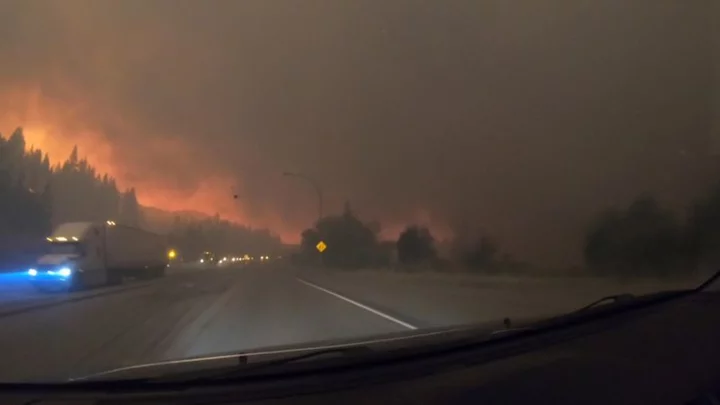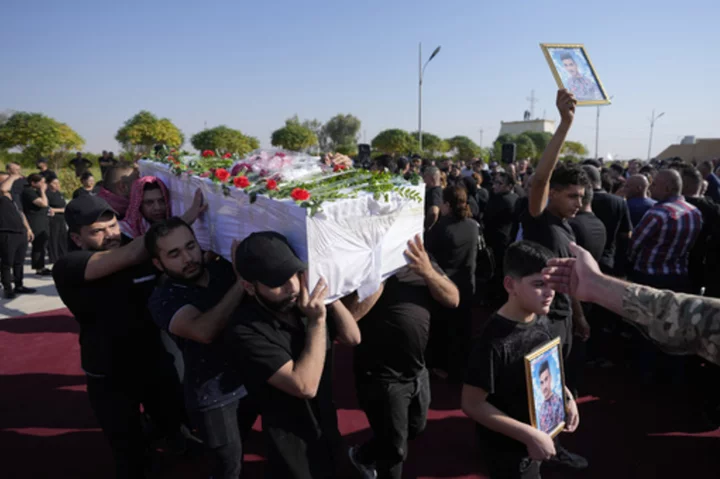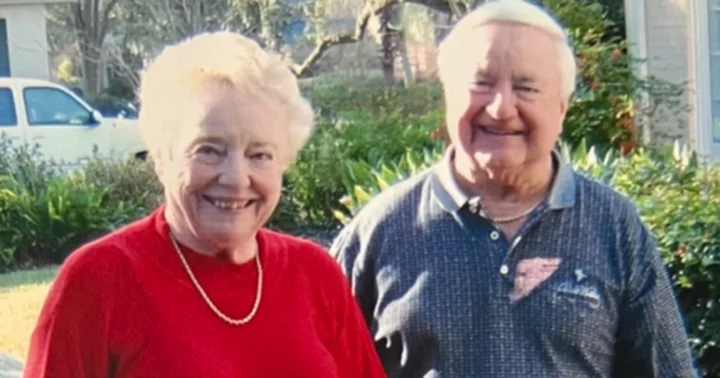By Nia Williams
REVELSTOKE, British Columbia Canada is sending armed forces to tackle fast-spreading wildfires in British Columbia, Prime Minister Justin Trudeau said on Sunday, as the western province deals with flames that have put more than 35,000 people under evacuation order.
British Columbia declared a state of emergency and imposed a ban of non-essential travel to free up accommodations for evacuees and firefighters, and urged drone operators and others capturing images of the fires to stay clear of the rescue workers.
West Kelowna Fire Chief Jason Brolund said he saw some hope after battling "epic" fires for the past four days. He said conditions have improved, helping firefighters to put "boots on the ground" and dump water to douse the flames that threatened the town of 150,000.
"Things are looking better. We are finally feeling like we are moving forward rather than moving backwards, and that's a great feeling..." Brolund told the Canadian Broadcasting Corp. However, he warned of difficult days ahead to contain the McDougall Creek fire.
Forest fires are not uncommon in Canada but the spread of blazes and disruptions underscore the severity of its worst wildfire season yet, which some experts have blamed on climate change.
Other blazes, exacerbated by severe drought, have been reported closer to the U.S. border and in the U.S. Pacific Northwest.
Just across the border in Washington state, firefighters battled two major blazes, the Gray Fire and the Oregon Road Fire, which combined had blackened more than 20,000 acres of forest land and destroyed more than 100 structures.
In Canada, government officials urged residents living in evacuation order zones to leave immediately to save their lives and prevent firefighters dying trying to save them.
Officials have not yet given any estimates of the total number of buildings destroyed. Videos and photos posted on social media showed destruction to structures and vehicles and huge flames consuming big trees.
The Canadian government-owned Trans Mountain pipeline and its expansion project, which makes it way to the Pacific Coast through the interiors of British Columbia, was unaffected by the fires, a company spokesperson said on Sunday.
The Coquihalla stretch of the pipeline expansion, southwest of Kamloops, is the closest to fire zone.
"Underground pipelines are typically buried a few feet below the surface and are protected from fire by the soil and the constant movement of liquid moving through the pipeline," the spokesperson added.
The fires have drained local resources and drawn in federal government assistance as well as support from 13 countries. At least four firefighters have died in the line of duty.
About 140,000 square km (54,054 square miles) of land, roughly the size of New York state, have already been scorched nationwide, with smoky haze extending as far as the U.S. East Coast. Government officials project that the fire season could stretch into autumn due to widespread drought-like conditions.
SKIES ON FIRE
Some 2,000 km to the north, a wildfire burning out of control in Yellowknife, the capital city of Northwest Territories, had triggered evacuations of almost all of its 20,000 residents last week.
Currently, the fire is not expected to reach city limits by the end of the weekend, officials said, with some rain and cooler temperatures helping to slow its progress.
Krista Flesjer, who evacuated from the city with her dogs, said it was a rough trip.
"I was afraid of getting caught in the fires that were coming across the road," she said.
For Flesjer the main worry is whether her house, which is just two years old, would survive.
In British Columbia, the TransCanada highway was closed near Chase, around 400 km northeast of Vancouver. The highway is the main east-west artery used by thousands of motorists and truckers heading to Vancouver, the country's busiest port.
Kip Lumquist, who works at a gift shop in Craigellachie, a tourist spot on the highway, said she saw a lot of devastation over the past week.
"It was crazy. We couldn't see the hills, the mountains, the trees, anything, probably (for) two and a half days," Lumquist said. "I drive a white vehicle, and when I walked out to get in my car ... it's just black. ... It's devastating to the community."
(Reporting by Nia Williams; Additional reporting by Dan Whitcomb in Los Angeles; Writing by Denny Thomas; Editing by Mark Porter, Matthew Lewis and Lisa Shumaker)









